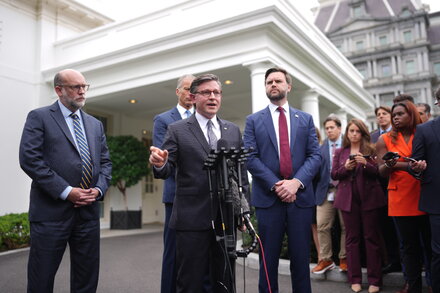WASHINGTON – Two long-serving civil rights attorneys at the U.S. Department of Housing and Urban Development (HUD) were dismissed from their roles after publicly raising concerns about what they characterized as a significant weakening of the agency’s enforcement of the Fair Housing Act.
Helen Foster and Andrea Evans, both veteran lawyers in HUD’s Office of Fair Housing and Equal Opportunity (FHEO), alleged that the department under Secretary Ben Carson was scaling back efforts to combat housing discrimination. Their reassignments occurred in October 2017, followed by their eventual dismissals, which they claimed were retaliatory.
The attorneys, who collectively had decades of experience at HUD, maintained that the agency was showing a reluctance to pursue certain types of discrimination cases and that there was a broader shift in policy that undermined the protections of the Fair Housing Act. Among their specific concerns was the alleged diminished emphasis on “disparate impact” cases, which involve practices that may not be intentionally discriminatory but have a disproportionately negative effect on protected groups.
Ms. Foster, who had served as a senior enforcement attorney, and Ms. Evans, a fair housing investigator and attorney, stated that they felt compelled to speak out after their internal appeals and concerns went unaddressed.
“We were just trying to do our jobs,” Ms. Foster was quoted as saying, emphasizing their belief in the agency’s original mission to ensure fair housing for all.
Ms. Evans echoed these sentiments, stating, “The mission of fair housing was very much being undermined. We were told to stand down on cases.”
The dismissals and the lawyers’ allegations drew scrutiny from Congress and civil rights organizations, who expressed apprehension about the future of fair housing enforcement. Critics of the administration argued that the changes signaled a departure from decades of established practice aimed at addressing systemic discrimination in housing.
HUD officials, at the time, typically refrained from commenting on specific personnel matters, characterizing them as internal administrative decisions. However, the controversy ignited a broader debate about the agency’s commitment to its foundational civil rights mandate.
Source: Read the original article here.





